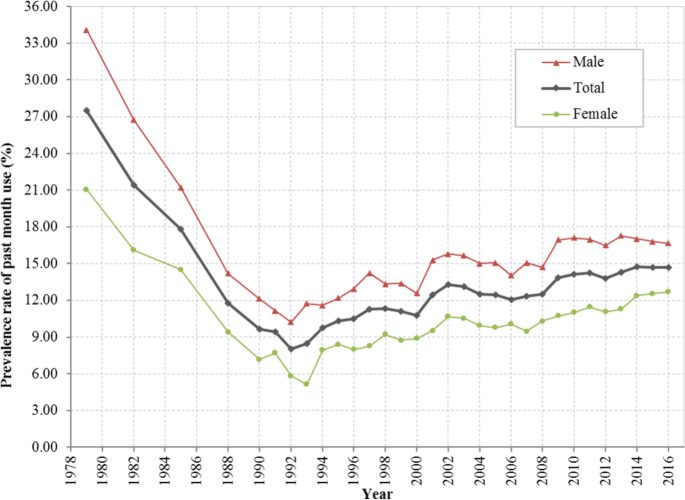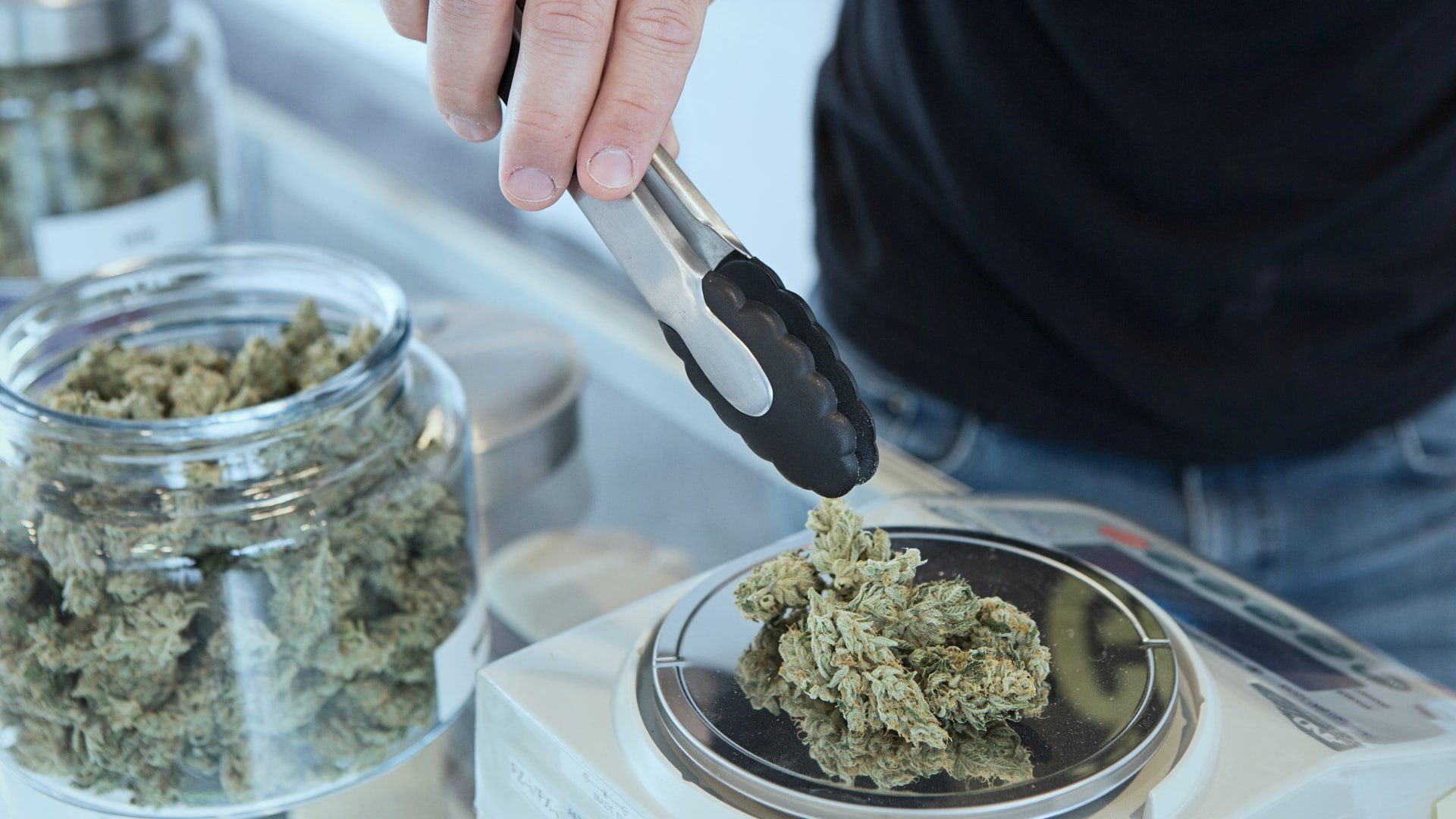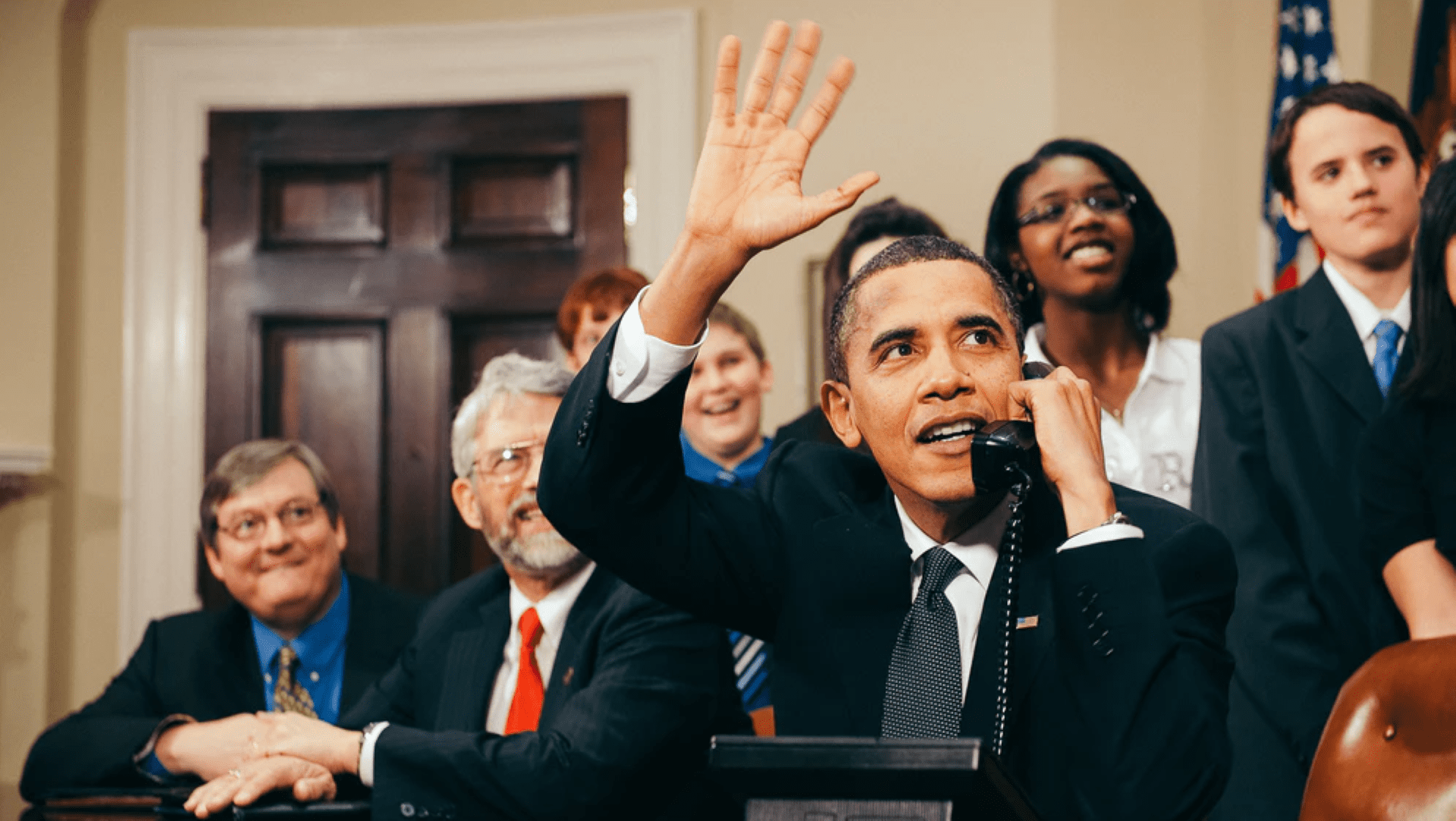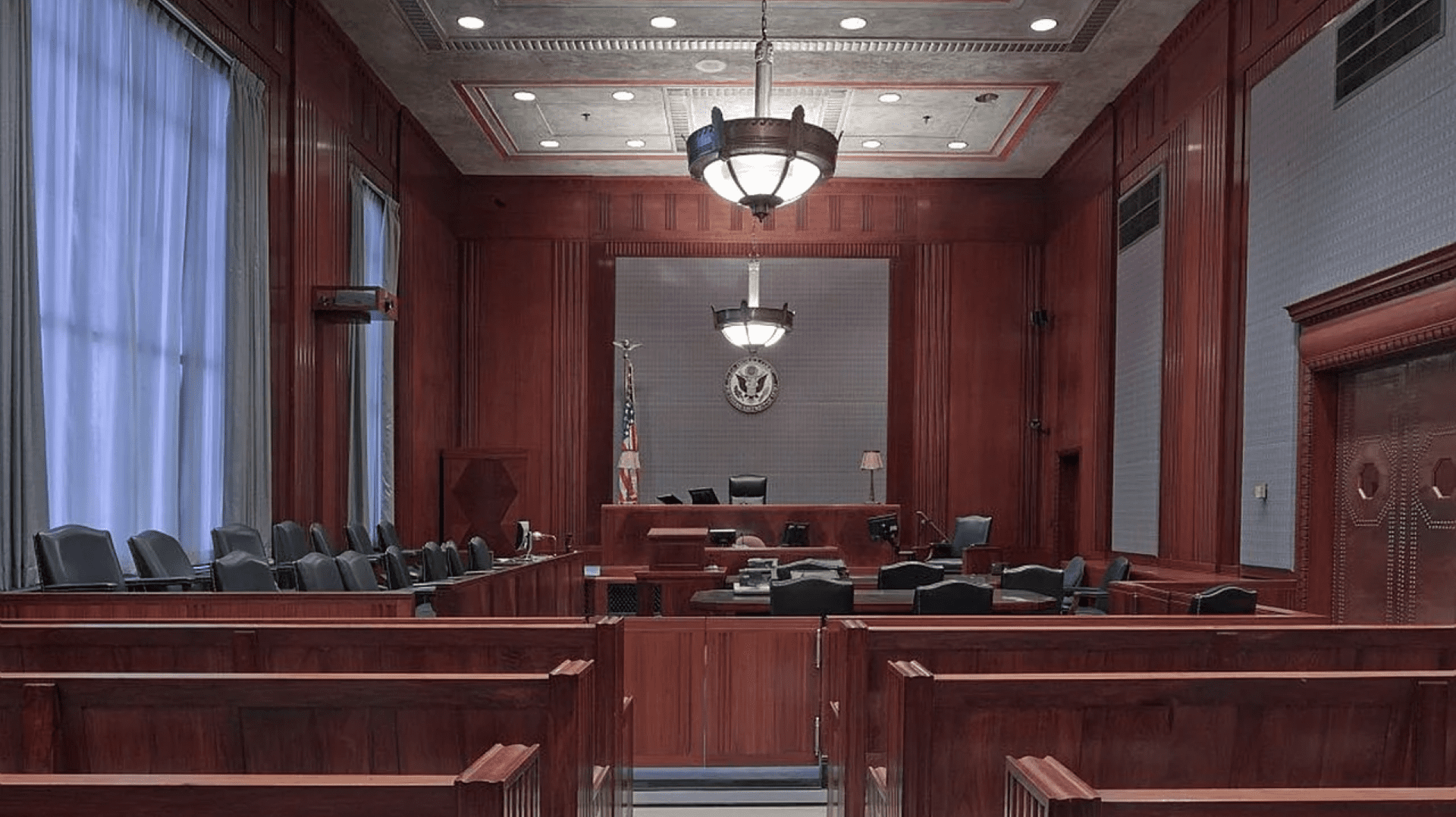As of December 2021, recreational marijuana is now legal in 19 states as well as Washington D.C., with the vast majority having legalized medical marijuana.
A great triumph for liberty, you might think. However there are a few catches that have come with it…
One of the things that makes marijuana the best choice for the first legalized drug is it cannot kill you. However, there has been an uptick in fatal cases of marijuana laced with synthetic opioids.
This comes from the fact users still purchase products from illegal markets; they already know their dealer, it’s more familiar, it’s likely cheaper; whatever the reason.
Naturally, this begs the question: how do we funnel people into safer and better regulated markets?
Marijuana is surprisingly price-sensitive
Throughout the 1990s and into the early 2000s, many economists theorized that marijuana usage would increase upon its legalization. As stated in a 1996 article by the Brookings Institution, “The belief that legalization would lead to an instant and dramatic increase in drug use is considered to be so self-evident as to warrant no further study.”
But after more and more states began legalizing recreational marijuana, total usage rates only barely increased, as shown in the graph below.

So how could so many experts have been so wrong? They assumed marijuana is an inelastic good.
Cigarettes, a product sometimes compared to marijuana, is in fact a truly inelastic good, meaning that even if the price of cigarettes is changed, demand for the product should remain unchanged.
This might have something to do with the fact that about 85% of cigarette smokers are heavily addicted to nicotine, and when you’re addicted, price isn’t an issue.
This is why “sin taxes,” where the government taxes things like cigarettes, are far from ideal. They don’t increase public health, it’s just a cash cow for the government.
If we tax marijuana, people will turn to the black market
This does not hold true for marijuana smokers as marijuana is known to have very little, if any, physically addicting properties. Therefore, when marijuana users see high prices in regulated markets due to burdensome taxes, they are more likely to go back to their tried-and-tested dealer.
The extent of some states’ taxes is so overbearing that it is actually cheaper to import your marijuana from other states. For example, Washington state has a 37% excise tax on the sale of marijuana, in addition to the 6.5% state sales tax, and another 3.6% in sales tax for Seattle residents.
If economists were correct in saying that marijuana has inelastic demand, we would have seen a far greater increase in usage rates nationwide as people wouldn’t care about the price, while better marijuana was more readily available.
Less taxation would make marijuana safer for consumers
We can also then assume, that without such onerous taxes, demand for legal marijuana will increase, but this doesn’t necessarily mean we will be swamped with an outpouring of marijuana users across the board.
Consumers will simply prefer a FDA-regulated product in place of an illegal good that is possibly tainted. When comparing states with cumbersome excise taxes like California and states with a less burdensome policy like Colorado, the results are quite telling.
78% of all marijuana sold in California was not from the legal market, while that number dwindles to the low 30s in Colorado.
State governments, as a moral imperative, must prioritize the safety of their constituents over yet another revenue stream.
An increase in the legal consumption of marijuana will lead to a gradual decline in the market share of bad actors in the industry. It will also lead to fewer minors purchasing marijuana as dispensaries tend to be quite strict when asking for identification, and let’s be honest the average street dealer has no incentive to ensure they are not selling to a minor.
Legal marijuana consumption must be propelled ahead of illegal markets in every state, and that is best achieved through the deregulation of one of America’s up and coming industries.
To read more about issues related to the Drug War, be sure to check out our cluster page by clicking on the button below.
This piece solely expresses the opinion of the author and not necessarily the organization as a whole. Students For Liberty is committed to facilitating a broad dialogue for liberty, representing a variety of opinions. If you’re a student interested in presenting your perspective on this blog, send your piece to [email protected], and mention SFL Blog in the email subject line for your chance to be published and be seen!









